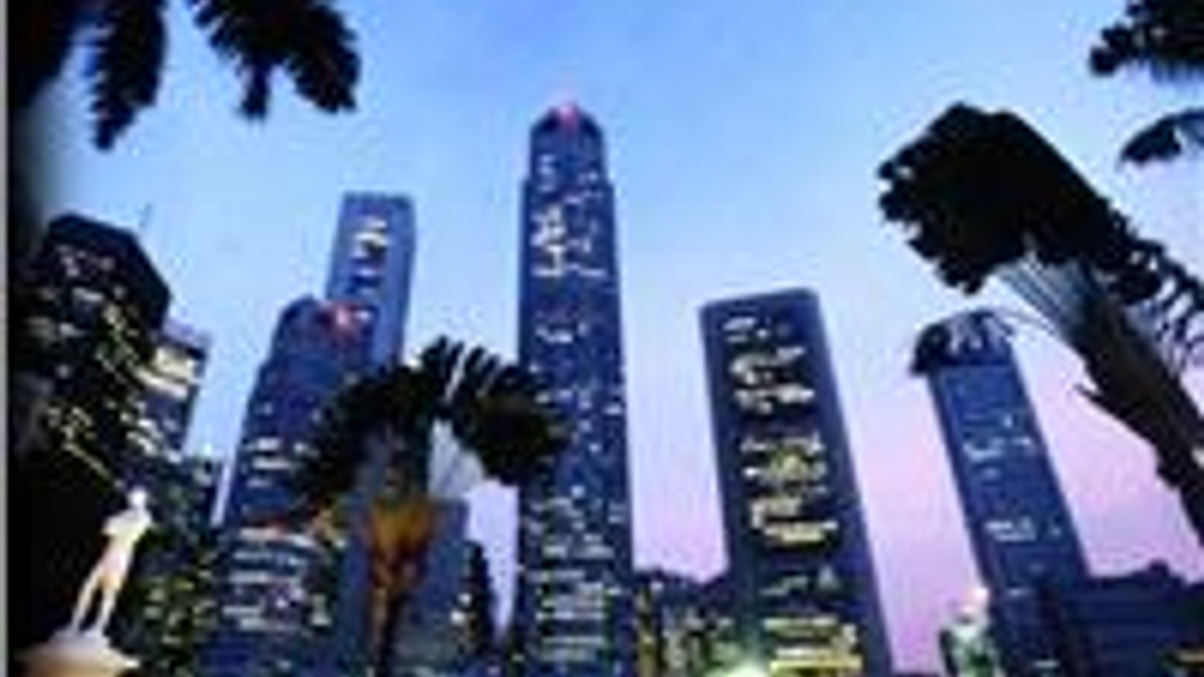Asian investors seen driving strong Reit flows
Research shows that Asian Reits have produced solid long-term performance, hence the flows they have been attracting. But caution is advised following a strong run for the sector.

Real estate investment trusts (Reits) are seeing strong demand this year off the back of robust, stable returns, with Asian investors the main driver of these flows, according to fund managers. That said, some parts of the Reit market are seen as heavily overpriced.
Sign in to read on!
Registered users get 2 free articles in 30 days.
Subscribers have full unlimited access to AsianInvestor
Not signed up? New users get 2 free articles per month, plus a 7-day unlimited free trial.
¬ Haymarket Media Limited. All rights reserved.


